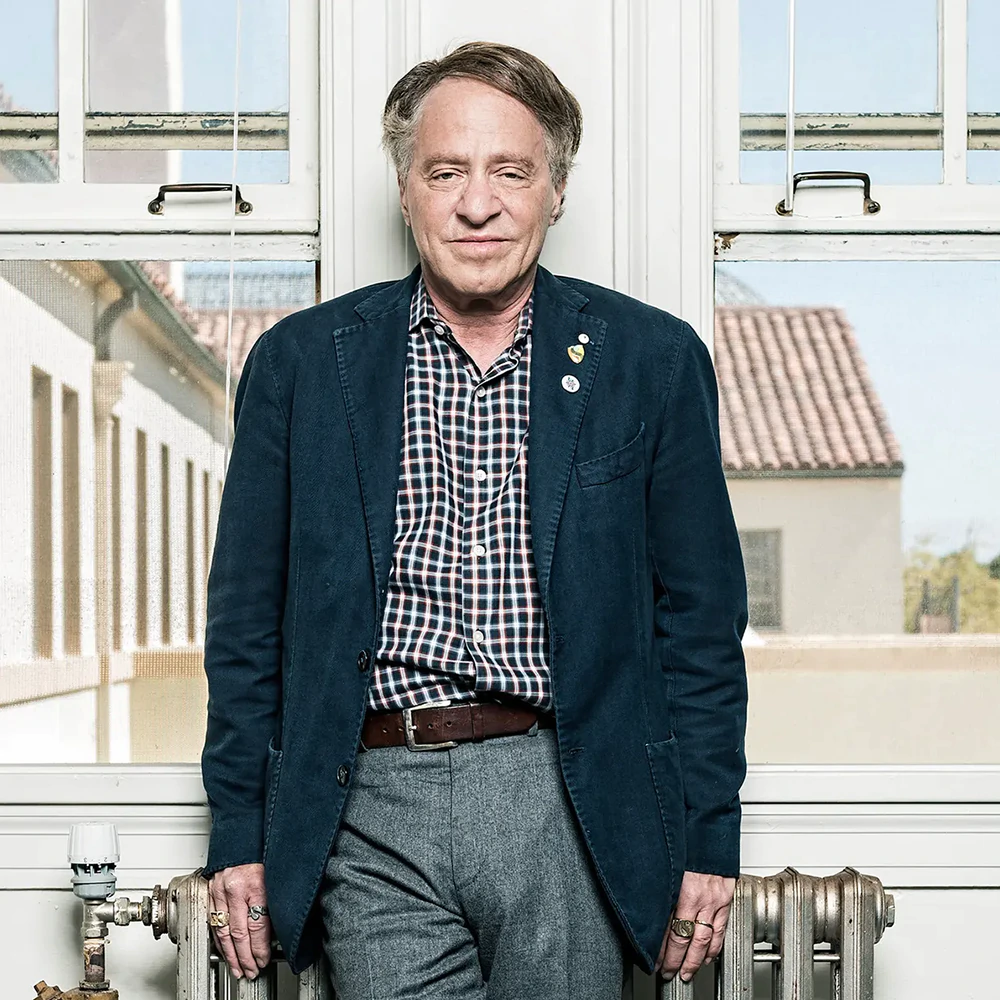Man and machines sharing the physical world has long been depicted inside stories and science-fictions. And things can either be good, or bad. And according to a hypotheses, things can also be mutualism.
The term 'technological singularity', or simply the 'singularity', is a hypothetical future point in time at which technological growth becomes uncontrollable and irreversible, resulting in unforeseeable consequences for human civilization.
It's 'unforeseeable' because the advanced technology would be beyond the human knowledge to comprehend. Human affairs, as humanity know them, could not continue.
It's hypothesized that when humans created something smarter than them, and that the technology is a self-upgradable intelligent agent that could self-improve, the result would be an explosive growth of powerful superintelligence.
As the new superintelligence would continue to upgrade itself beyond humanity's capacity to understand, this would trigger a technological and social transition that would then signal the end of the human era.
Long story short, humanity would end.

But a hypotheses suggests that humanity could piggyback this super-advanced being, and become immortal beings.
Ray Kurzweil, computer scientist and a futurist, has been involved in fields such as optical character recognition (OCR), text-to-speech synthesis, speech recognition technology and electronic keyboard instruments.
With his knowledge and experience, he has written a lot of non-fiction books. And along the way, he had famously predicted the Apple iPhone era, and the fact that a computer would beat someone at chess by 1998.
In his 2005 book The Singularity is Near, he predicted the exponential increase in technologies like computers, genetics, nanotechnology, robotics and AI.
In the book, Kurzweil does not include an actual written timeline of the past and future, but he did say that by 2010, a supercomputer will have the computational capacity to emulate human intelligence, and "by around 2020" this same capacity will be available "for one thousand dollars".
With breakthroughs in AI that came following OpenAI's ChatGPT, Kurzweil said that his 2005 prediction was correct.
And in that book's sequel, the 2024 The Singularity Is Nearer, Kurzweil he predicts that that "singularity" is just around the corner.
Read: Technological Singularity: How And When AI Can Be Considered 'Alive'
But his term of "singularity" is the point at which machines' intelligence and humans would become one.
" [...] once our brains are backed up on a more advanced digital substrate, our self-modification powers can be fully realized."
Kurzweil predicts this when the "law of accelerating returns, where information technology creates feedback loops of innovation."
In an interview, he added that:
"Making it possible will be brain-computer interfaces which ultimately will be nanobots – robots the size of molecules – that will go noninvasively into our brains through the capillaries. We are going to expand intelligence a millionfold by 2045 and it is going to deepen our awareness and consciousness."
The hypotheses from Kurzweil come from how he sees the advancements of computational power.
Modern smartphones, which can cost around $50, are far superior than supercomputers from the 1960s. This exponential growth, according to Kurzweil, is also evident, as "one dollar now buys around 600 trillion times as much computing power as it did when the GPS was developed."
Such rapid advancements in computing power set the stage for revolutionary changes in various fields, from medicine to manufacturing.
Kurzweil’s optimism about technological advancements is palpable throughout his book, where he reiterates his belief that "information technologies like computing get exponentially cheaper because each advance makes it easier to design the next stage of their own evolution."
Read: AI Is Soon Going To Be Smarter Than Humans. 'How Do We Survive That?'

So here, literally, humans and machines that merge can create cyborgs that could help humanity escape death and become immortals:
Adding that:
A central thesis of Kurzweil’s work is that, "history is nothing but the evolution of information processing."
He categorizes this evolution into "six epochs, or stages, from the beginning of our universe."
In the generative AI world, during the time humanity can connect their brains into computers, people would soon be able to resurrect loved ones, in what he calls the ‘fifth epoch’ of human intelligence.
Because AI cannot be stopped, he envisions that later, in the sixth and final stage, "our intelligence spreads throughout the universe, turning ordinary matter into computronium, which is matter organized at the ultimate density of computation."
" [...] the trajectory is clear," he said.
For Kurzweil, the stakes of this epochal shift are high, and because of that, humanity's survival depends on how humanity can manage it effectively.
"AI technologies are inherently dual use” meaning they can be wielded for good or bad.
So it's either them or us. The future is still in humanity's hands, as long as they still have them.
